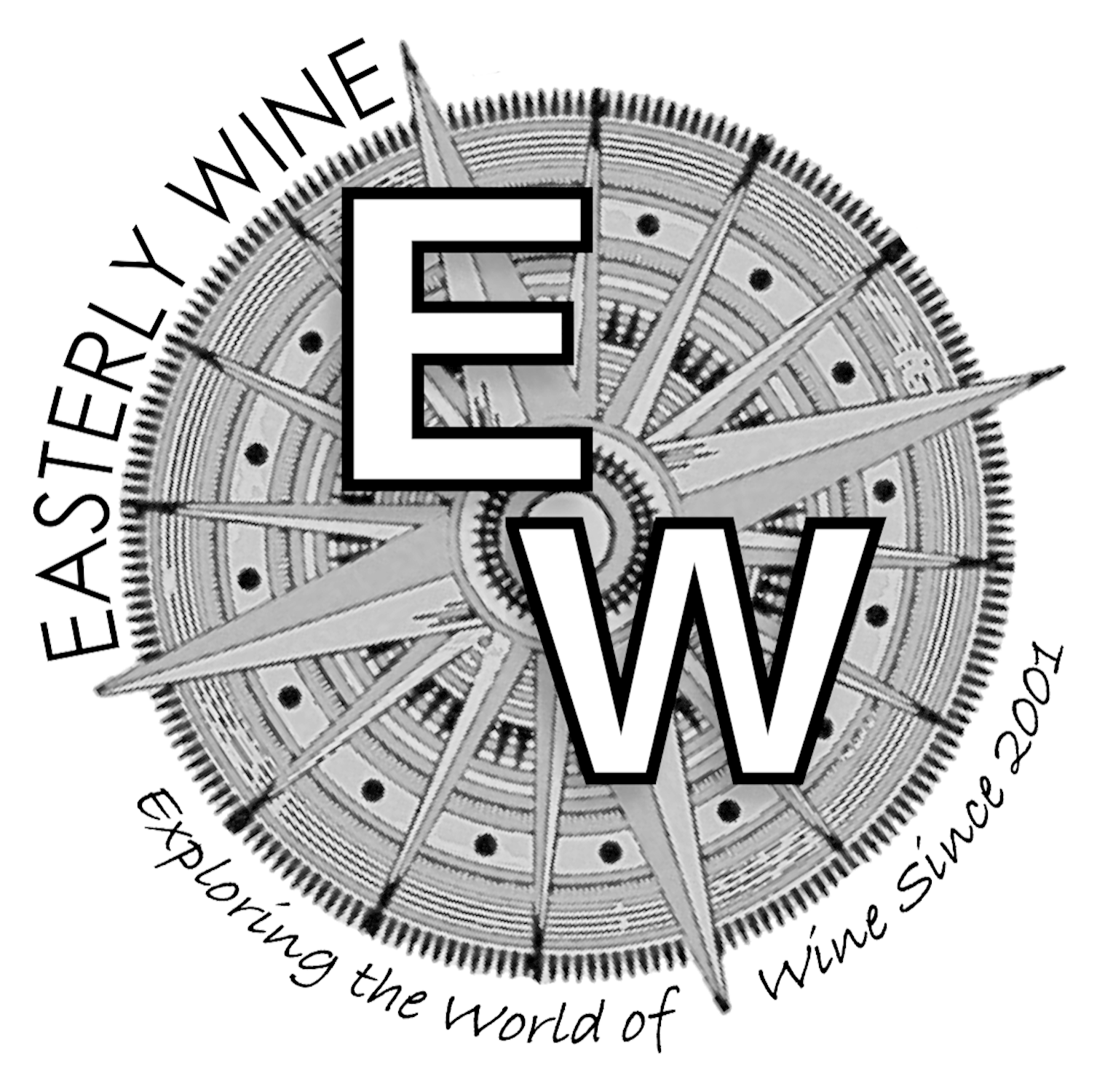RANCIO ROUSSILLON, FRANCE – CATALONIA, SPAIN
Catalonia (Catalunya) is home to one of the oldest forms of winemaking, a tradition of aged dry wines that predates modern viticulture. Rancio wines, some of the most distinctive and rare wines in the world, would have once been found all along the Mediterranean coast, from Greece to Iberia. Known throughout the Roussillon as Rancio Sec (Vi Ranci in Catalan), these are dry, fully oxidized, unfortified wines made as they have been for more than two millennia: transformed by time, exposure to oxygen and often, heat. Still made in minute quantities, in farmhouse garages throughout French Catalonia, Rancio sec was until recently only served on special occasions to the winemaker’s family and friends.
Harvested from passerillé old-vine grapes, the wines are fermented with native yeasts, sometimes taking years to complete fermentation. Elevage can vary significantly from producer to producer. Base wines may be left outside in glass demijohns (bonbonnes) or barrels during their first year and left to bake in the sun, where the wine oxidizes and the flavors concentrate. The wine is then transferred inside to old barrels, usually of mixed vintage, for no less than 5 years. It is this oxidation process, further evolving over decades in soleras, that gives rise to the bouquet of unique tastes (fresh walnut, curry spices, cocoa, light bitterness) that characterizes Rancio Sec. Like Madeira, the resulting wines appear to defy both time and the elements.
In Roussillon, Rancio sec is produced under the IGP Côtes Catalanes and IGP Côte Vermeille, while in Catalunya it falls under various regional appellations. Ideal as an aperitif, with all manner of pork preparations including barbeque, or after-dinner, Rancio sec is completely shelf-stable after opening.
ARNAUD DE VILLENEUVE
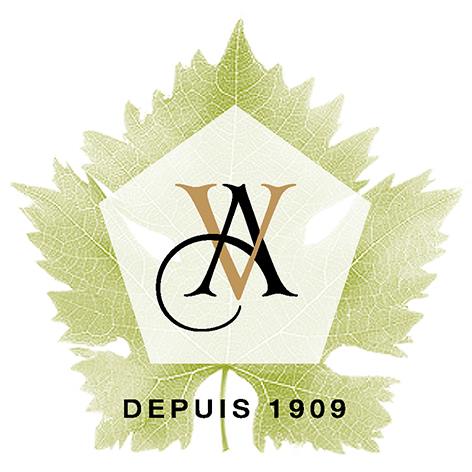
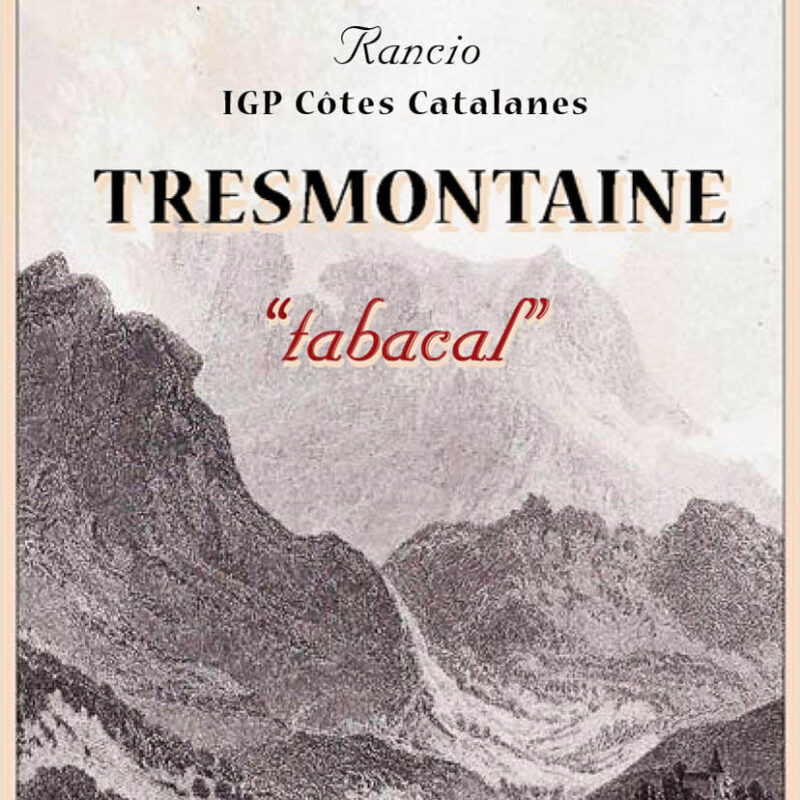
Based in the town of Rivesaltes, the Arnaud de Villeneuve cooperative was established in 2007, when the Caves de Salses (est. 1909) and Cellars de Rivesaltes (1932) merged together. Its membership includes over 300 vignerons farming more than 2000 hectares, incorporating a diverse array of climates and soils in the Côtes Catalanes IGP. Arnaud de Villeneuve is most celebrated for its oxidative wines, especially for the Rivesaltes ambré and Rancio secs.

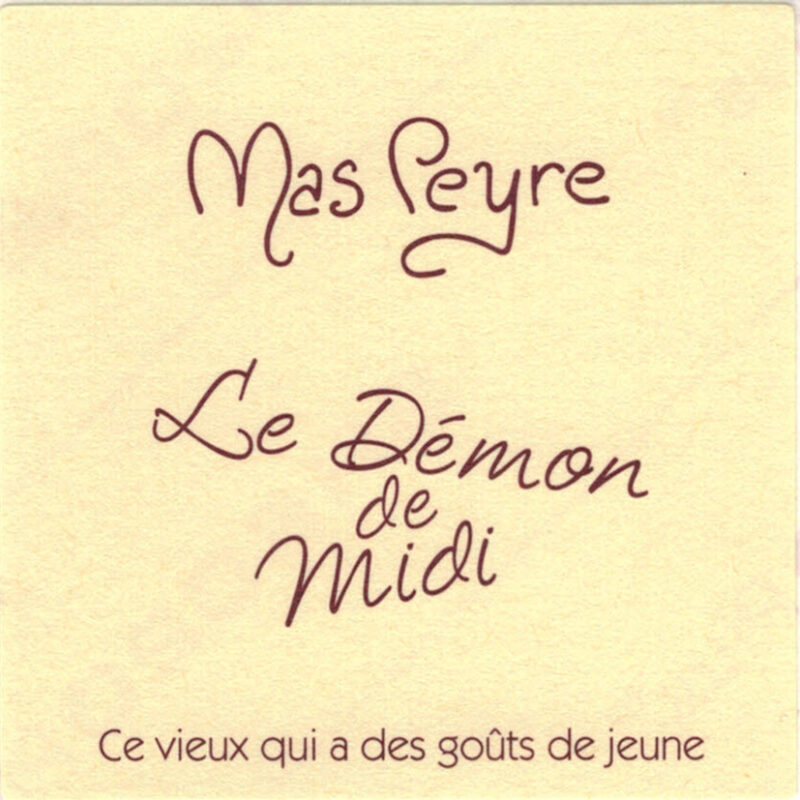
Mas Peyre is a small family-run estate in St.-Paul de Fenouillet in the Roussillon, known for red wines and for a small amount of Rancio Sec, which they sell mainly to local residents. 2012 was their first year of certification in organic agriculture. Mas Peyre is situated between the sea and the mountains, at the foot of the Corbières, in the exceptional site of the Agly valley, with the Cathar castles and the gorges of Galamus. It is at 400 meters of altitude, has a warm Mediterranean climate that is dry and windy with clay-slate soils, all of which allow the grapes to mature slowly and smoothly.
VIAL-MAGNÈRES


Vial-Magnères is a small family estate founded in the early 20th century. It is now in its fourth generation under the leadership of Olivier Sapéras and Laurent Dalzovo. It farms just 25 acres of small, scattered plots above the coastlines of Banyuls-sur-Mer and Port-Vendres. Its steeply terraced vineyards mining the pre-Cambrian schistous soils the region is renowned for. All vineyard work is carried out by hand. The average vine age is 50 years.
PUIG-PARAHŸ
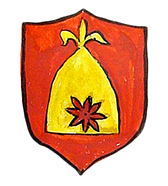

The storied history of Puig-Parahÿ extends back to 1446, when Etienne Parahÿ was mentioned as owner of a house and vineyards in Passa. Today, nearly seven centuries later, his descendant Georges Puig serves as winemaker and custodian of that ancestral family home—its ancient cellars holding wines from the late 19th century, still resting in barrel. With Mount Canigou and the Pyrénées serving as a timeless backdrop, vineyards in Passa, Thuir, Sainte-Columbe, Terrats and Castelnueve—including vines more than a century old—are farmed lutte raisonée, with 24 acres now farmed biodynamicly; their sites providing an array of distinctive terroirs and soils including argile-calcaire, galet and various schists. All wines are fermented with native yeasts.
TERRES DES TEMPLIERS

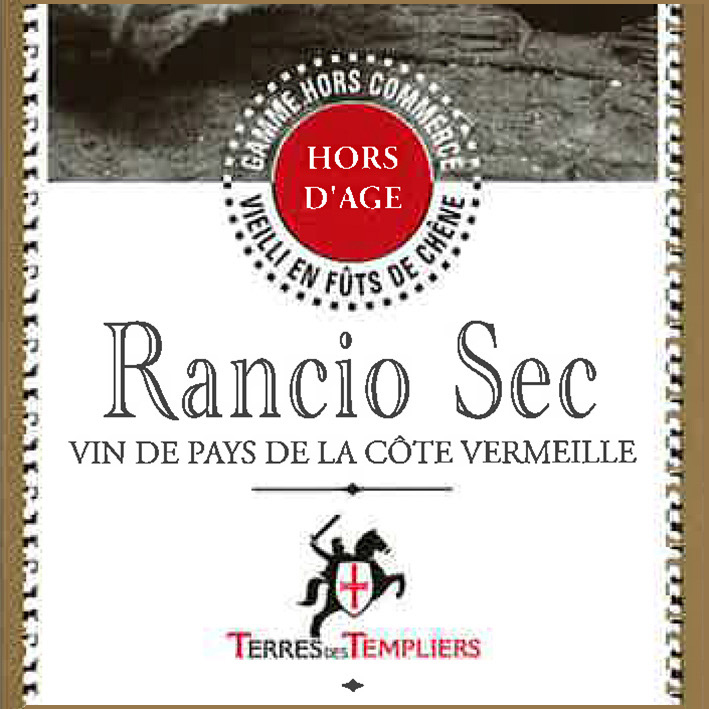
Located in the town of Banyuls-sur-Mer along the Côte Vermeille, where the Pyrénées meet the Mediterranean and the Spanish border, the cellars of Terres des Templiers sit on the road a half-mile above the seaside town. Its name honors the Knights Templar, who are said to have built upon the system of feixas (terraced vineyards) and canals that crisscross, peu de gall (rooster foot), across the steep hillsides above the sea, where only grapes can grow. Today, Terres des Templiers incorporates 750 small vignerons farming 2,840 acres. The schist-dominated vineyards are by necessity worked by hand, and the practice is lutte raisonée.
CELLER COOPERATIO D’ESPOLLA

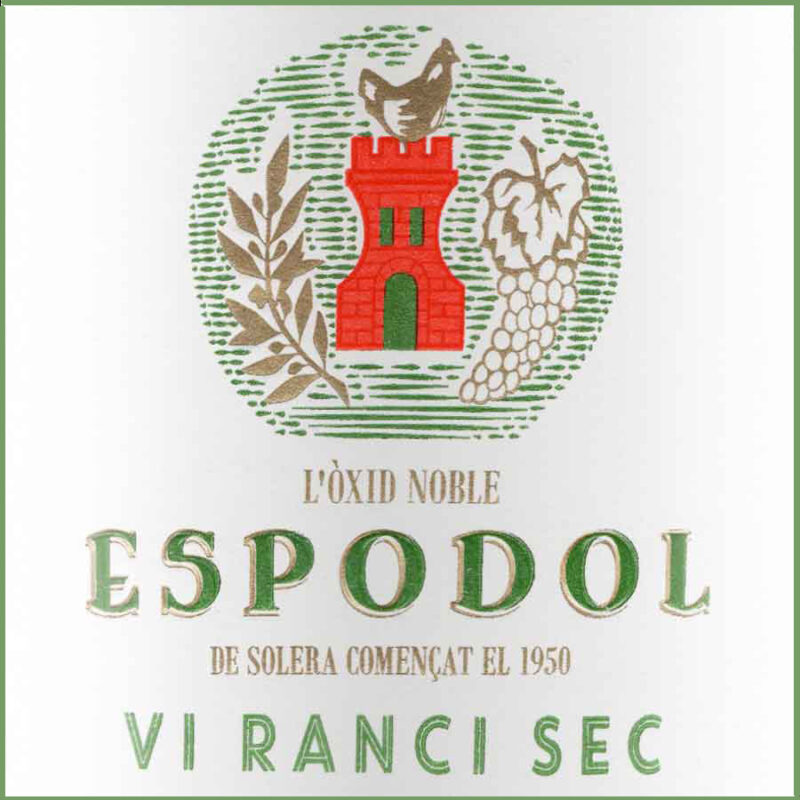
Founded in 1931 in the heart of the Alt Empordà, the Celler Cooperatiu d’Espolla emerged from the local growers’ union, established at the turn of the century. The proximity of the Mediterranean Sea, the Albera mountains, and the fierce, dry northern wind together shape a climate and landscape that gives rise to what the locals call the “Wines of the Wind.” The vineyards have fourth- and fifth- generation growers and their roots sunk deeply into the granite and licorella (black schist) soils. Focusing on traditional varieties, viticulture is a mixture of organic and lutte raisonnée.
Wines:
Celler Cooperatiu D’Espolla Espodol Vi Ranci Sec ‘Espodol’
DOMAINE FONTANEL


Domaine Fontanel is a 74-acre estate located in the historic French Catalonian village of Tautavel, famous for its schistes. The origins of the estate date back to 1864, and the domaine was created in 1989 by fifth- generation vine-growers Pierre and Marie-Claude Fontaneil. In 2017, vintners Elodie and Matthieu Collet, a young couple fresh out of oenology school in Montpelier, became the domaine’s new owners, with Pierre staying at their side to ensure the transition. The Collets, inspired by a cask of 2007 Rancio Sec that the Fontaneils left in their care, began making their own in 2018; in the meantime, they’ve bottled the 2007 to share with the rest of the world.
CHATEAU DE SAÜ
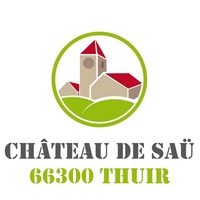
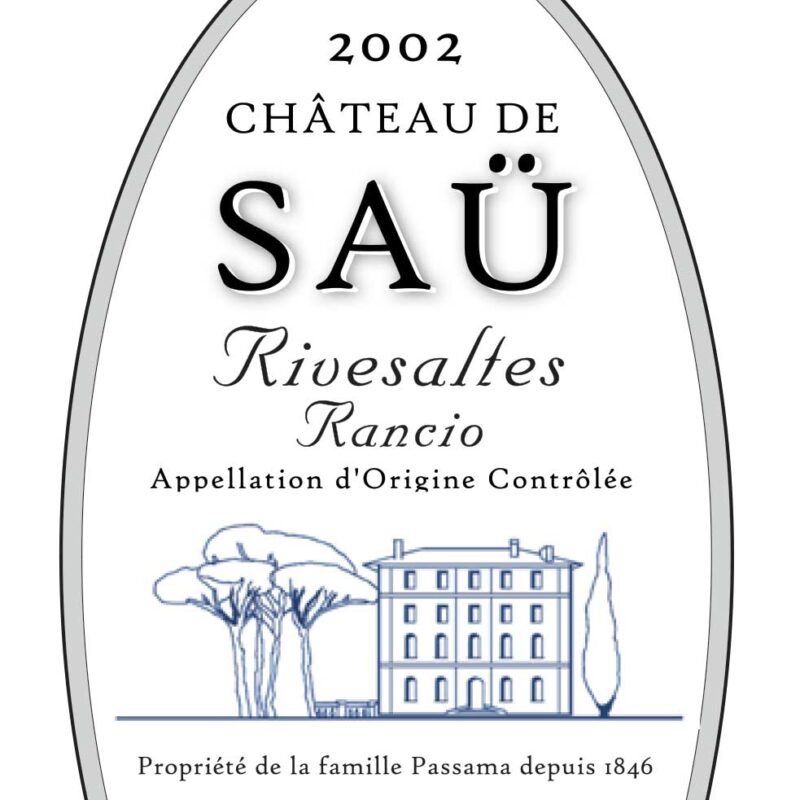
Established in 1846 in the heart of the Têt Valley, just outside Thuir, Chateau de Saü has always owned vineyards but didn’t begin bottling its wine until fourth-generation owner Hervé Passama and his wife Béatrice returned to the estate in 1986. Producing a full range of wines under both the Chateau de Saü and Domaine de Saü rubrics, the Passamas completed conversion to organic viticulture in 2006. With Hervé’s passing in 2014, Béatrice has retired and the vines have been rented, leaving these wines the last testament of one of the great terroirs for aged, oxidative wines.
Cave de l’Abbé Rous
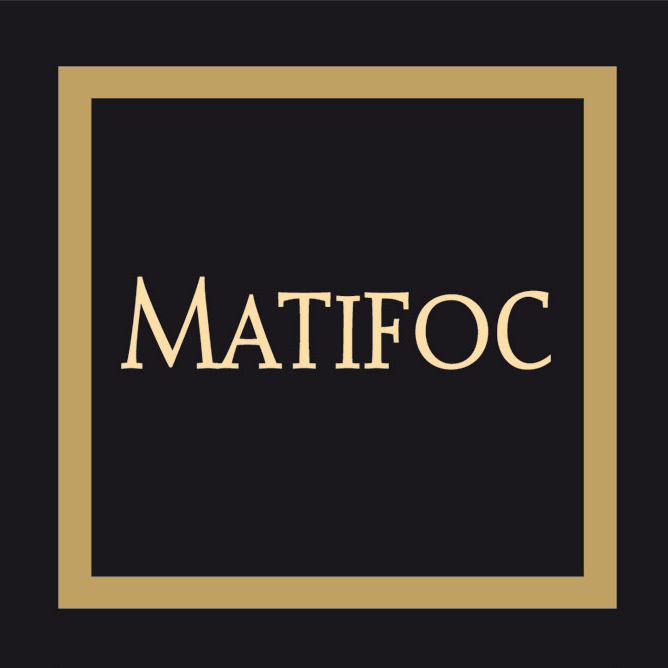

Located in the town of Banyuls-sur-Mer along the Côte Vermeille, where the Pyrénées meet the Mediterranean and the Spanish border, Cave de l’Abbé Rous produces a range of Collioure and Banyuls wines exclusively for the domestic market in France. Abbé Rous pays homage to François Rous, who in the late 19th century became abbot and championed the reputation and trade of Banyuls in order to finance construction of a church for the village. Abbé Rous now incorporates 750 small vignerons farming 2840 acres of steep, terraced vineyards within view of the Mediterranean. Viticulture is lutte raisonée, and the schist-dominated vineyards—crossed with century-old canals (“les agulles”) to combat erosion—are always worked by hand. Under cellarmaster Jauffrey Canier, Abbé Rous maintains the region’s traditional elevage for its oxidative wines, aging them outdoors in demi-muids for up to four years before returning them to the cellars to complete their evolution. In keeping with that approach, Abbé Rous also maintains the tradition of Rancio sec, the great historic wine of the region that predates Banyuls by centuries. Matifoc Rancio sec is the only wine they export.
